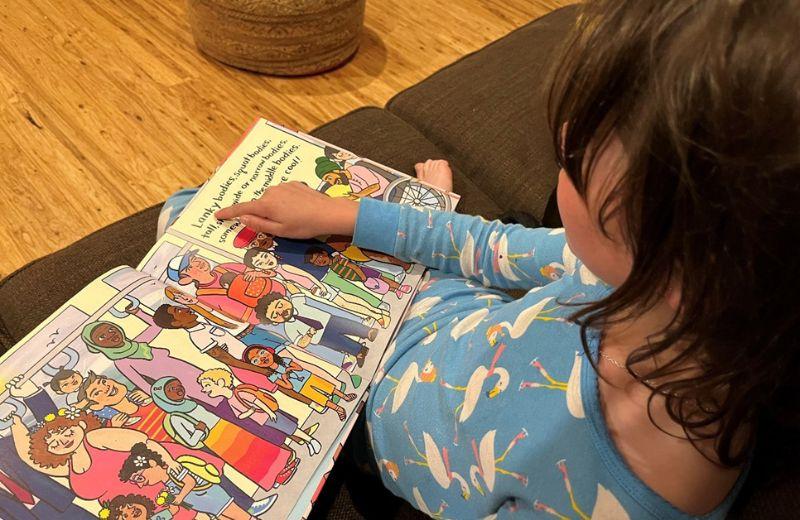The effect of social media trends on body image is a hot topic right now. As a nutrition and dietetics student who spends more time on social media than I like to admit, it's a topic I think about almost daily. But what do the terms “body image” or “self-esteem” even mean? Are there things beyond social media that can also impact them?
Body image can be described as “our mental picture of our bodies.” This includes:
- How we feel about our bodies and what they can do
- E.g., “I like how far my strong legs can take me.”
- How we think our bodies look
- E.g., “My hair is a beautiful colour.”
- How we think others perceive our bodies
- E.g., “My friends think I am tall.”
Self-esteem can be described as our opinion of ourselves, which includes how we value and respect ourselves. Our self-esteem can impact how we take care of ourselves physically, mentally, socially, and spiritually.
Body image and self-esteem influence each other. For example, if I got my hair cut shorter than I would have liked, my dislike for how my hair looks (body image) may impact how I feel about myself (self-esteem).
Entering my nutrition and dietetics degree, I did not consider how much of my learning would involve exploring how we both experience our bodies and view ourselves. As I near the end of my program, I better recognize that our relationships with our bodies are complex, and that it’s important to learn about what might be impacting those relationships.
What impacts our body image and self-esteem?
A laundry list of things can impact how we view ourselves and our bodies, and many are beyond our individual control. Some are so common in our world that they may seem unavoidable. However, there are ways to increase our awareness of these influences and take steps to counter their effects on our body image. Some examples of these influences are:
Diet culture:
- This includes a common set of beliefs that equate thinness to health and therefore promote weight loss and consumption of certain foods as the way to be healthy.
- There are many ways to be healthy. Diet culture’s focus on unrealistic standards can have profoundly harmful impacts on our body image and self-esteem.
- Tip to counter the influence: Increase your awareness of diet culture and how you can take steps to avoid it.
Media (including news, social media, movies, etc.):
- Media is notorious for promoting certain standards of health, wellness and beauty that cause us to compare themselves to these unrealistic standards.
- Many individuals do not see themselves represented in social media, television, movies, books, or music. Not seeing people with bodies like yours celebrated by the media can profoundly impact your body image and self-esteem.
- Tip to counter the influence: Being aware of the media you consume and how it makes you feel. Look for opportunities to choose media with representation of diverse bodies.
Those around us:
- Our loved ones, friends, coworkers, and community members all influence our experience of our bodies, whether it be through how they talk about their bodies, or how they comment on ours. They can also influence our body image through comments on what foods we eat.
- Tip to counter the influence: Talk with those around you on how you want to avoid talking about each other’s bodies, food or physical appearance without permission.
It's normal for our body image and self-esteem to change day by day. The goal with taking steps to counter negative influences is to improve our overall relationship to our bodies and selves, not to feel 100% every day.
If this topic interests you, I invite you to further explore what may be impacting your experience of your body. The Northern Health stories below delve into how dieting and diet culture can impact our relationships with our body and selves.














Comments